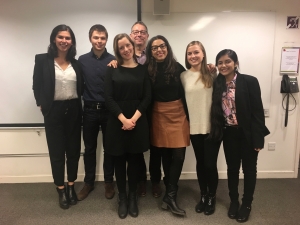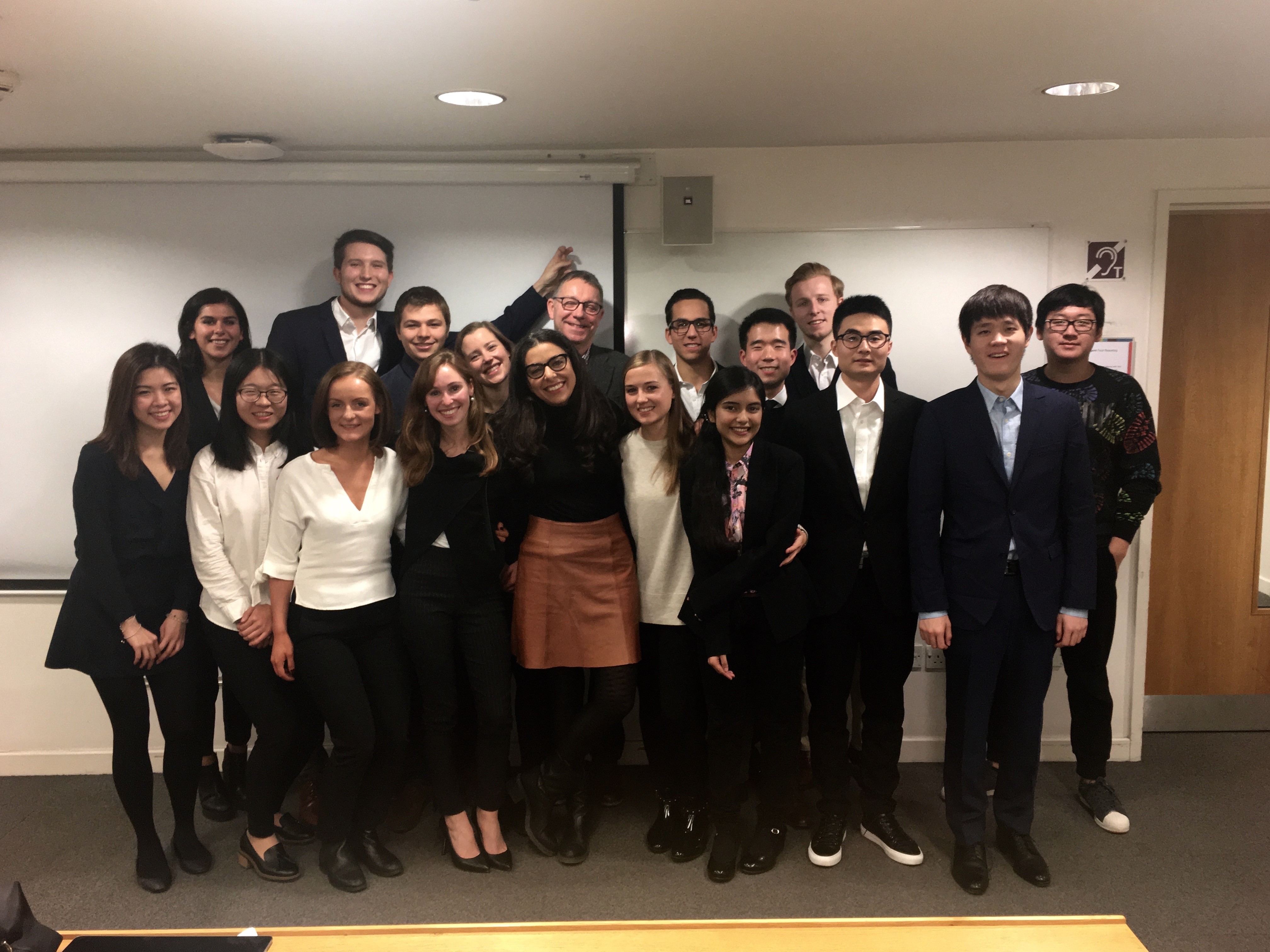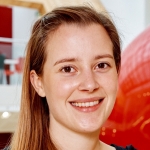The group project that makes the rest of the term seem like a breeze
Part of what makes my programme, MSc Management of Information Systems and Digital Innovation (MISDI) special, is the bootcamp. Now, when I write bootcamp you might think that I am referring to an intense workout session with military personnel screaming at you, but at LSE it is something totally different. Our bootcamp is a simulation of a real-life technology management consultancy project over two intense weeks. This takes place in the beginning of the academic year, when the programme and fellow student are still unfamiliar.
The bootcamp was first set up in 2006 in collaboration with Deloitte UK. MISDI alumni working at technology consultancy firms help formulate a case problem for each project to work on, and independently of the official LSE marking procedure, they choose a winning group from the top three student reports. This meant that we did not only have to worry about our grades, but were also trying to impress real consultants from a company that many MISDI students desire to work for after completing their studies.
Now, LSE is not known as a place for slacking off, but set up a competition that will make up 50 per cent of your final grade and the opportunity to present in front of one of the largest professional services networks in the world, and the temperature in class will definitely rise. Suddenly, my competitive instinct, which went missing somewhere in high school, roared to life.
Embarking on a real-life consultancy project feels overwhelming, and in the first couple of days you find yourself in a blur of confusion and chaos. We were all divided into teams of 4-6, with 18 teams in total. None of us were familiar with the methods we were supposed to use, nor had we done similar projects before. To begin with we had more questions than answers. While being overwhelmed with the project, we also had to keep up with work in our other courses. Even though the other professors are well aware of how all-consuming the bootcamp can be, they still expect you to keep up with readings and come prepared for class.

Working in a team was probably the best and worst part of the experience. We all had a range of different backgrounds including economics, business, computer science and the media industry. We had different approaches to the task we had to solve together, and were used to working in completely different ways. Some of us took a long time to understand what we were supposed to do, while others raced through it like a whirlwind. What we realised after a few days was that we had to trust the skills and work done by others and not micro-manage or second-guess every little detail.
Although the task seemed insurmountable at first, we started seeing the light at the end of the tunnel after endless cups of coffee, hours of research and miles and miles of Facebook chat. What helped us through these intense weeks was focusing on getting the task done, not doing it perfectly.
We hit rough patches, got really sick of each other, had disagreements and wanted to give up. Compared to the other groups we felt like underdogs or “the nice guys”, as one of my teammates put it. We did not feel that confident compared to some of our competitors, who felt like they had the victory in the bag. But in the end we handed in a really good project. In fact, we were one of the top three groups in our programme and received a distinction. Suddenly all those hours in the Garrick cafe or the library seemed worth it, and I felt so proud of all the hard work we had done. When we first started I would never have imagined that we could get so much done in just two weeks. But the intensity of the project, competition with other groups and team effort made us push ourselves past our limits.
Marie Misund-Bringslid is a graduate student on the MSc Management of Information Systems and Digital Innovation in the LSE Department of Management, with a curious nature and a passion for writing and sharing some of her impressions and experiences at LSE.







